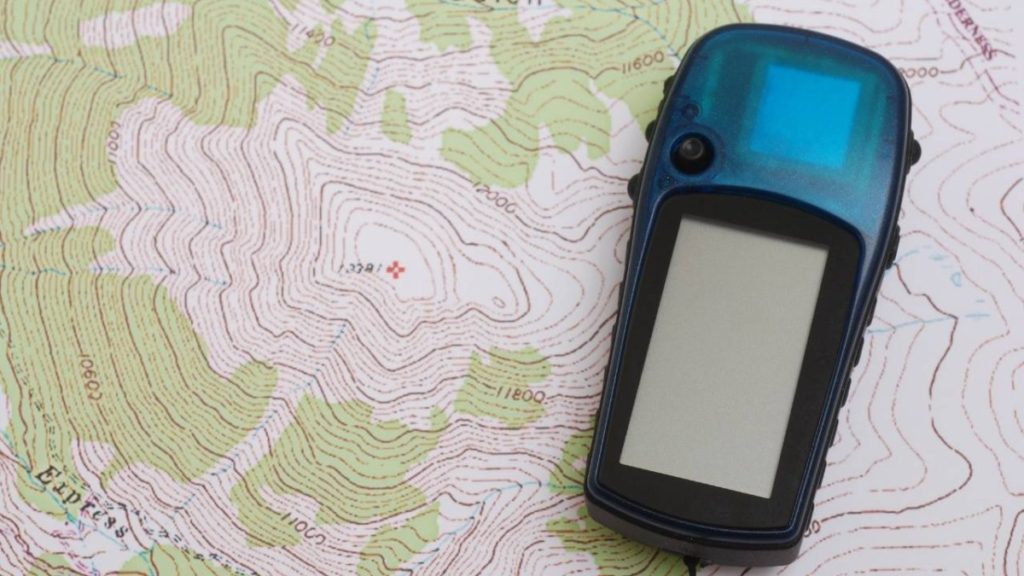
Cardio exercises are a great way to boost your metabolism and lose weight. Running, one of the most popular cardio exercises, is a simple, efficient, and affordable way to hit your weight loss goals. If you’ve just started running to lose weight, you might be wondering exactly how much running to lose 1kg?
To lose 1 kg, you’ll need to run around 110km. On average, running 1km burns around 70 calories, and there are 7700 calories in 1kg of fat. By running approximately 8 km (or 5 miles) a day, you can lose 1 kg in 2 weeks.
If you’re a beginner, running for weight loss might seem like too much work but don’t worry because we’re here to help. In this article, we’ll discuss how you can effectively burn more calories as well as other tips to improve your running experience.
Table of Contents
Can You Lose 1KG by Running?

Losing weight requires you to create, and maintain, a calorie deficit. In simple terms, it means you should burn more calories than you consume. To lose 1 kg of weight, you have to create a calorie deficit of 7700 calories.
Running can be an excellent way to burn calories and create a calorie deficit. The average person burns around 300 to 400 calories on a 5km run (see a full break down of how much weight your burn running 5km). However, the amount of calories burned vary person to person and depends on body weight and running pace.
The table below shows how the amount of calories burned varies at different running speeds.
| Weight (kg) | Calories burned (7min 30 per km) | Calories burned (5min per km) | Calories burned (3min 45 per km) |
| 65 | 78 | 122 | 156 |
| 70 | 85 | 133 | 170 |
| 75 | 90 | 141 | 180 |
| 80 | 97 | 152 | 194 |
| 85 | 102 | 160 | 204 |
| 90 | 109 | 170 | 218 |
If you want to measure the calories you burn on your run’s you can use an online calorie burn calculator. Moreover, you can also invest in fitness trackers that can more accurately calculate the calories you burn based on your heart rate and active minutes.

How Much Running to Burn 1kg By Weight
| Weight (kg) | Time to Burn 1kg (hours) |
| 65 | 11 hours 51 minutes |
| 70 | 11 hours |
| 75 | 10 hours 15 minutes |
| 80 | 9 hours 35 minutes |
| 85 | 9 hours 5 minutes |
| 90 | 8 hours 30 minutes |
| 95 | 8 hours 10 minutes |
| 100 | 7 hours 40 minutes |
| 105 | 7 hours 20 minutes |
| 110 | 7 hours |

How Much Do I Have to Run to Lose 1kg a Week?
On average you would need to run for a total of 10 hours 35 minutes. That would be an average of 1 hours 30 minutes every day if you weight around 80kg to burn 1kg of body fat. However, the amount of running you need to burn 1 kg depends on your weight, age and fitness levels.
The table below breaks down how much running you would need to do each day to burn 1 kg of body fat in a week depending on your weight.
| Weight (kg) | Time to Burn 1kg (hours) | How Much Running Everyday |
| 65 | 11 hours 51 minutes | 2 hours |
| 70 | 11 hours | 1 hour 34 minutes |
| 75 | 10 hours 15 minutes | 1 hour 27 minutes |
| 80 | 9 hours 35 minutes | 1 hour 22 minutes |
| 85 | 9 hours 5 minutes | 1 hour 17 minutes |
| 90 | 8 hours 30 minutes | 1 hour 12 minutes |
| 95 | 8 hours 10 minutes | 1 hour 10 minutes |
| 100 | 7 hours 40 minutes | 1 hour 05 minutes |
| 105 | 7 hours 20 minutes | 1 hour 02 minutes |
| 110 | 7 hours | 1 hour |

How To Maintain a Calorie Deficit?
Although running can be a highly efficient way to burn calories, running 55 km a week is no easy feat. Maintaining a 7700 calorie deficit by just running might be difficult, especially if you’re a beginner.
To maintain a calorie deficit requires you to burn more calories than you consume. Although running may help you burn a significant number of calories, to lose weight you also have to be mindful of the calorie content of the food you consume.
It’s essential to know how many calories your body needs daily so that you can plan how to lose weight more effectively. You can find out the rate at which your body burns calories by using a basal metabolic rate (BMR) calculator. By measuring how many calories your body needs on a daily basis you can adjust your calorie intake or physical activity to maintain a deficit.
Want to know how much running you need to do to burn 1000 calories? Read this article to find out.
4 Tips for Running Better
Running is a great sport that can boost your mental and physical health. If you want to start running to lose weight it’s important to be prepared so that you can make the most out of it.
We’ve gathered tips and tricks from various coaches and experts so that you can improve your running experience.

1. Plan Your Runs & Set a Goal
Having a plan or goal in mind can help you organize your workouts. Scheduling your runs and setting targets for each session will keep you consistent and motivated. Moreover, If you are running to lose weight, by organizing your running you can track your progress over time and make sure you are hitting your weight loss goals.
You can use running apps and gadgets to track your runs and set goals. The Nike Running Club application and Strava are commonly used in the running community. You can sync your runs with your smartwatches too.
2. Invest in the Right Gear
Investing in the right pair of running shoes is crucial. Not only do the shoes provide you with comfort and stability, but they also help protect your feet from stress and injury. To discover the exact gear I recommend and use read this.
A good high-quality shoe does not need to be expensive. However, you should make sure to get a shoe that provides you with the greatest comfort and support, and one that is suitable for the terrain you are running in. It’s also essential to know how long your shoes will last you as worn-down shoes can negatively impact your performance.
It’s also important to invest in your running wardrobe. Make sure that the clothes you are wearing to run are lightweight, breathable, and sweat-wicking. If you’re running outside it’s always worth it to buy a comfortable windbreaker to offer you protection from strong winds or the rain.

3. Try Running on an Incline
Running on an incline, either on a treadmill or by heading to the hills, can increase the intensity of your runs and help you burn more calories. You could alway run on a treadmill to get some hill workouts complete. If you want to find out if treadmill running is better than outdoor hill running read this post.
If your goal is to lose weight by running, it’s important to incorporate incline running into your routine. Running on an incline forces your body to work harder, increases your metabolism, and causes you to burn calories faster. Incline running activates more muscles and raises your heart rate, which aids in the development of strength and endurance.
4. Warm Up and Cool Down
A prerun warmup is essential to make sure that the muscles in your legs and the rest of your body are activated and stretched. Running without proper warming up can cause stress on the muscles and may even result in injury.
A proper cool-down is also crucial as it improves muscle relaxation and mobility, reduces muscle soreness, and allows your heart rate to come back to normal.
FAQs
Q: How much do I have to run to lose one pound?
A: To lose one pound of fat, you should run 30-35 miles at a pace of 10 minutes per mile. 1 pound of fat contains 3500 calories. Running one mile burns 100 calories on average so if you ran 5 miles per day, you would lose 1 pound of fat each week.
Q: How many kgs is 1000 Calories?
A: 1000 calories equal 0.129598 kilograms. As a result, if you burn 1000 calories per day, it will take you about eight days to burn off one kilogram of body fat.
Final Thoughts
Running is an excellent way to lose any extra kgs you may have. Understanding how your body burns calories can empower you to tailor your running experience, boost your metabolism, and hit all your weight loss goal. The best part is, you can create a starting line wherever and whenever you want!



